NASA issues warning on extreme solar weather with blackout potential
Scientists are urging preparedness as beautiful but hazardous space events unfold
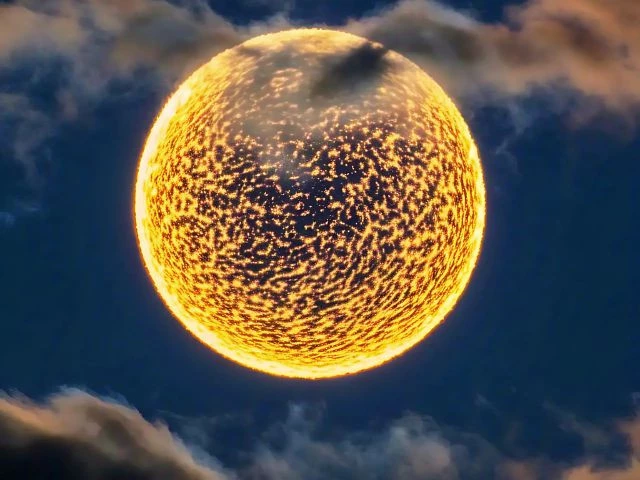
Solar storms and intense space weather are expected in the coming days and weeks as a highly active region of the Sun becomes visible. This activity casue auroras and potential blackout on earth, astronomers warn.
NASA’s Solar Dynamics Observatory recently recorded the most powerful eruption of the year – an X2.7-class solar flare – from a newly formed sunspot cluster, now designated AR4087.
The flare, which occurred earlier this week, triggered temporary radio blackouts across the Middle East.
High-frequency signals were interrupted for roughly 10 minutes, according to the US National Oceanic and Atmospheric Administration (NOAA).
“This is getting intense,” wrote space photographer Vincent Ledvina in a social media post. “Especially as this active region turns closer into view.”
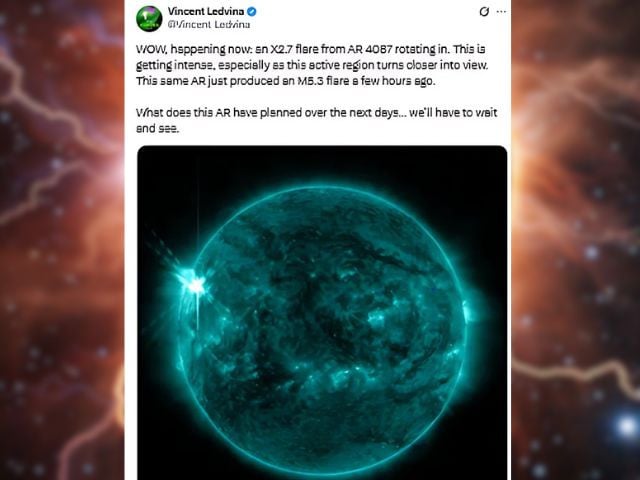
Photo: Twitter
WOW, happening now: an X2.7 flare from AR 4087 rotating in. This is getting intense, especially as this active region turns closer into view. This same AR just produced an M5.3 flare a few hours ago.
— Vincent Ledvina (@Vincent_Ledvina) May 14, 2025
What does this AR have planned over the next days… we’ll have to wait and see. pic.twitter.com/GAgJWi3bJV
Experts warn that continued activity from this area could cause further disturbances to satellite communications, navigation systems, and even electrical grids.
There is also increased risk to spacecraft and astronauts due to heightened radiation exposure.
The Sun is currently nearing the peak of its 11-year solar cycle – a phase known as the solar maximum – when magnetic turbulence is at its most extreme.
This upheaval leads to frequent flares and coronal mass ejections (CMEs), which can result in dazzling aurora displays when charged particles interact with Earth’s magnetic field.
With several sunspot regions now facing Earth and a magnetically active area emerging over the Sun’s southeastern horizon, forecasters predict more intense solar weather events in the near future.
“There are currently up to five sunspot regions on the facing side of the Sun,” the UK Met Office stated in its latest space weather forecast.







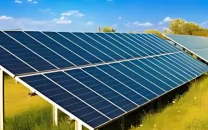
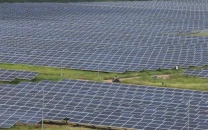

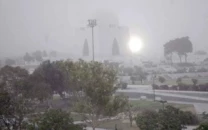












COMMENTS
Comments are moderated and generally will be posted if they are on-topic and not abusive.
For more information, please see our Comments FAQ